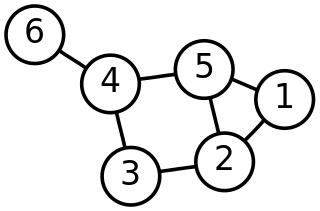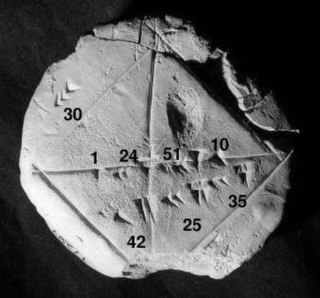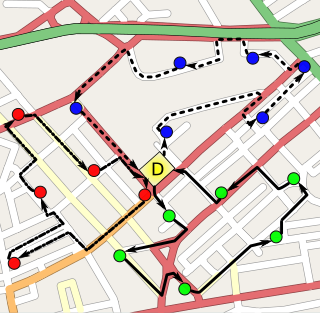This article is being considered for deletion in accordance with Wikipedia's deletion policy. Please share your thoughts on the matter at this article's deletion discussion page. |
The following outline is provided as an overview of and topical guide to formal science:
Formal science – branches of knowledge that are concerned with formal systems, such as those under the branches of: logic, mathematics, computer science, statistics, and some aspects of linguistics. Unlike other sciences, the formal sciences are not concerned with the validity of theories based on observations in the real world, but instead with the properties of formal systems based on definitions and rules.

Computer science is the study of computation, information, and automation. Computer science spans theoretical disciplines to applied disciplines. Though more often considered an academic discipline, computer science is closely related to computer programming.

Discrete mathematics is the study of mathematical structures that can be considered "discrete" rather than "continuous". Objects studied in discrete mathematics include integers, graphs, and statements in logic. By contrast, discrete mathematics excludes topics in "continuous mathematics" such as real numbers, calculus or Euclidean geometry. Discrete objects can often be enumerated by integers; more formally, discrete mathematics has been characterized as the branch of mathematics dealing with countable sets. However, there is no exact definition of the term "discrete mathematics".
Computer science is the study of the theoretical foundations of information and computation and their implementation and application in computer systems. One well known subject classification system for computer science is the ACM Computing Classification System devised by the Association for Computing Machinery.

An academic discipline or field of study is a branch of knowledge, taught and researched as part of higher education. A scholar's discipline is commonly defined by the university faculties and learned societies to which they belong and the academic journals in which they publish research.

Theoretical computer science (TCS) is a subset of general computer science and mathematics that focuses on mathematical aspects of computer science such as the theory of computation, lambda calculus, and type theory.
Discrete mathematics is the study of mathematical structures that are fundamentally discrete rather than continuous. In contrast to real numbers that have the property of varying "smoothly", the objects studied in discrete mathematics – such as integers, graphs, and statements in logic – do not vary smoothly in this way, but have distinct, separated values. Discrete mathematics, therefore, excludes topics in "continuous mathematics" such as calculus and analysis.
Lists of mathematics topics cover a variety of topics related to mathematics. Some of these lists link to hundreds of articles; some link only to a few. The template to the right includes links to alphabetical lists of all mathematical articles. This article brings together the same content organized in a manner better suited for browsing. Lists cover aspects of basic and advanced mathematics, methodology, mathematical statements, integrals, general concepts, mathematical objects, and reference tables. They also cover equations named after people, societies, mathematicians, journals, and meta-lists.
Computational science, also known as scientific computing, technical computing or scientific computation (SC), is an area of science that uses advanced computing capabilities to understand and solve complex physical problems. This includes
John Vivian Tucker is a British computer scientist and expert on computability theory, also known as recursion theory. Computability theory is about what can and cannot be computed by people and machines. His work has focused on generalising the classical theory to deal with all forms of discrete/digital and continuous/analogue data; and on using the generalisations as formal methods for system design; based on abstract data types and on the interface between algorithms and physical equipment.

Computational mathematics is an area of mathematics devoted to the interaction between mathematics and computer computation.

The branches of science, also referred to as sciences, scientific fields or scientific disciplines, are commonly divided into three major groups:

Applied mathematics is the application of mathematical methods by different fields such as physics, engineering, medicine, biology, finance, business, computer science, and industry. Thus, applied mathematics is a combination of mathematical science and specialized knowledge. The term "applied mathematics" also describes the professional specialty in which mathematicians work on practical problems by formulating and studying mathematical models.
Mathematics is a field of study that investigates topics such as number, space, structure, and change.
Mathematics is a broad subject that is commonly divided in many areas that may be defined by their objects of study, by the used methods, or by both. For example, analytic number theory is a subarea of number theory devoted to the use of methods of analysis for the study of natural numbers.

This glossary of artificial intelligence is a list of definitions of terms and concepts relevant to the study of artificial intelligence, its sub-disciplines, and related fields. Related glossaries include Glossary of computer science, Glossary of robotics, and Glossary of machine vision.
This glossary of computer science is a list of definitions of terms and concepts used in computer science, its sub-disciplines, and related fields, including terms relevant to software, data science, and computer programming.